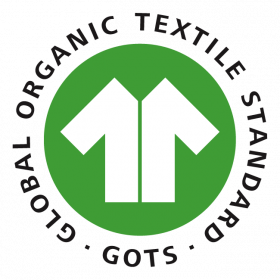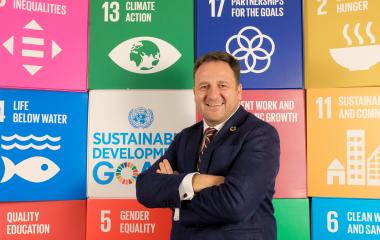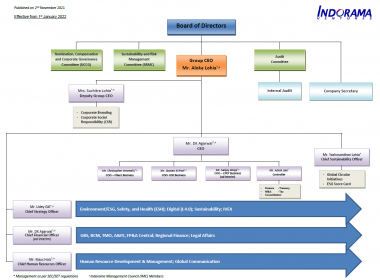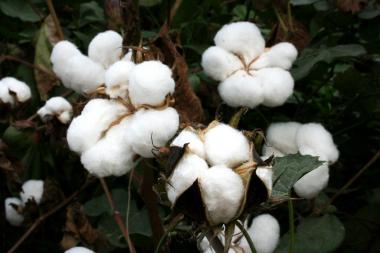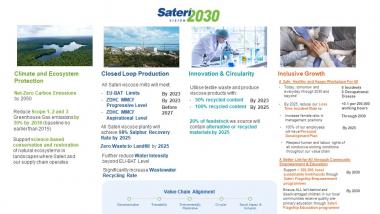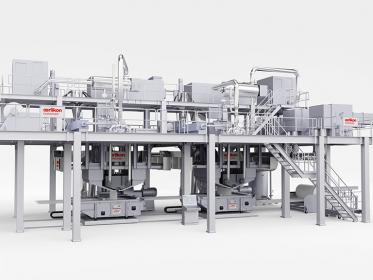GOTS marks 20th anniversary with all-time high in certified facilities
- Record high: 12,338 (+19%) GOTS certified facilities in 79 countries in 2021
Twenty years after its inception, the textile processing standard for organic fibres records new all-time high figures: 18 GOTS Approved Certification Bodies report a total of 12,338 certified facilities (+19%) in 79 countries (+11%).
Among the countries with the largest increase in GOTS certified facilities in 2021 are Turkey (+61% to 1.799), Italy (+53% to 894), Germany (+19% to 817), Portugal (+35% to 608), France (+22% to 122), Denmark (+14% to 115), Switzerland (+15% to 61), Belgium (+55% to 59), Sweden (+34% to 51) and Vietnam (+264% to 51).
“What seemed utopian to many in 2002 has become a reality in the past 20 years. We have created an organic textile standard, certified by approved certification bodies, which is accepted in all major markets. GOTS is a standard that gives consumers the power to choose truly organic products sourced from sustainable supply chains.” says Claudia Kersten, Managing Director at GOTS. “Despite ongoing difficulties and uncertainty caused by the Covid-19 pandemic, decision-makers continue to pursue their sustainability goals and value GOTS as a tool to accomplish them”.
The results of the annual GOTS Survey among certified entities underline this. Out of 1.114 respondents (+39%), 63% indicated a permanent shift in their sustainability strategy with a focus on the environment and health of their workers and staff.
Growing interest from industry, the public, and the media drove website visits up an impressive 48%. Media exposure grew by 64% and GOTS social media followers across several platforms jumped by 57%.
“As much as we are pleased with the development so far, we don’t intend to rest on our laurels” adds Rahul Bhajekar, Managing Director at GOTS. “In March 2022 we begin revision for GOTS version 7.0 involving all stakeholders including associations, organisations, companies, and individuals to further advance the progressive, innovative, stringent yet practical standard of GOTS”.
GOTS
GOTS


